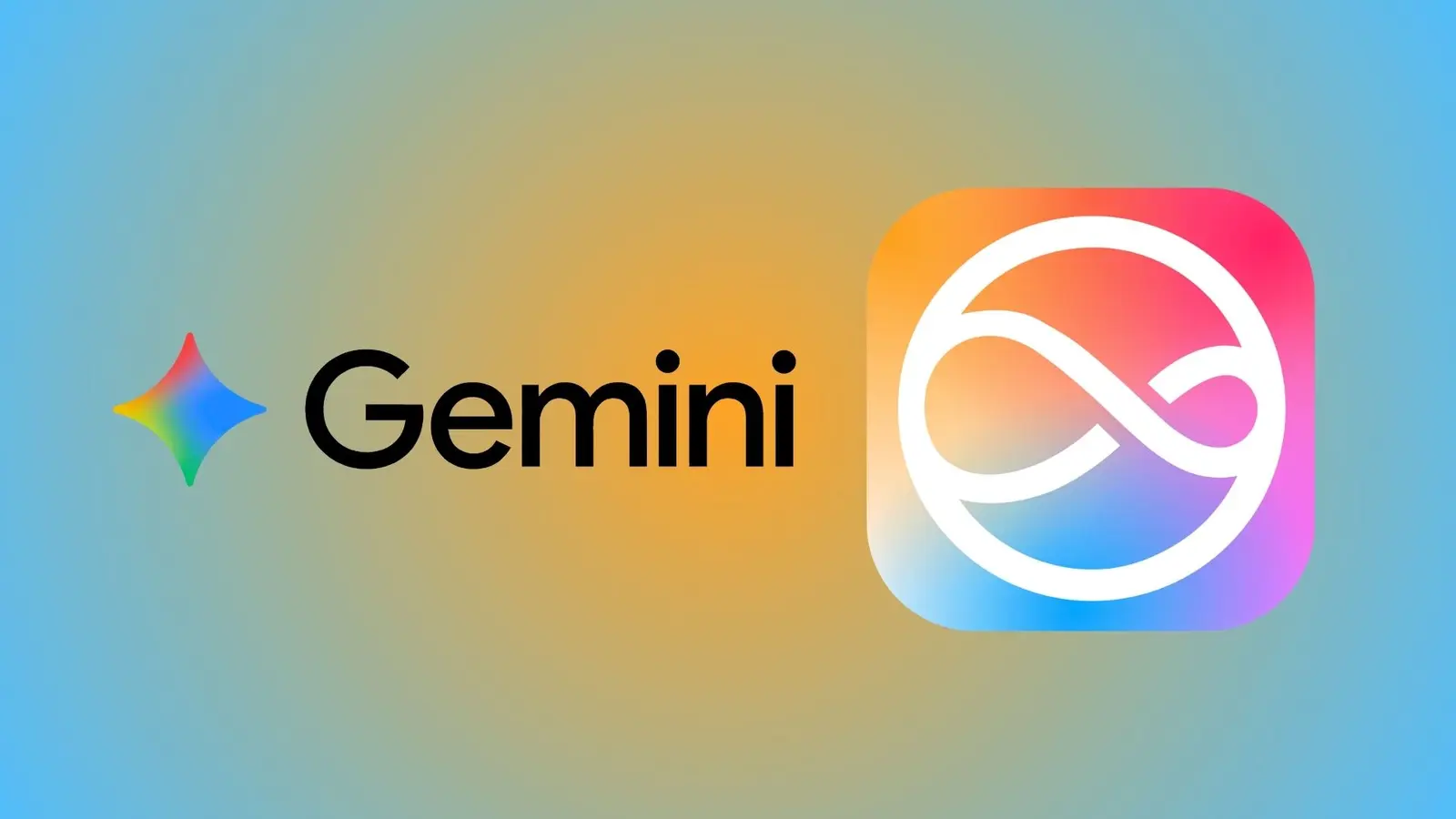4 Minutes
Apple’s long-rumored overhaul of Siri looks set to land in iOS 26.4 this spring — but a new report suggests the voice assistant’s brain might not be as homegrown as you think. Behind the scenes, Apple may be running a custom Google Gemini model on its private cloud to power the revamped Siri.
Why Google Gemini — and why quietly?
According to the report, Apple evaluated multiple large language models for the next-generation Siri. Anthropic’s Claude reportedly performed very well in tests, but Apple ultimately chose to commission a Gemini-based model from Google. The rationale appears to be financial and strategic: Apple already has a lucrative arrangement with Google for default search, and expanding that relationship could be cheaper and simpler than onboarding a new vendor.
That doesn’t mean you’ll see any Gemini branding. Sources claim Google’s involvement would be invisible to users. Apple would host the custom model on its private cloud infrastructure while paying Google for model development and access — but market the resulting assistant as Apple’s own AI-powered Siri.
What this means for users and privacy
On the surface, a Siri that uses advanced Gemini models could translate into smarter answers, better context handling, and more natural-sounding interactions. Imagine asking follow-up questions and getting coherent, context-aware replies without hopping between apps.
- Privacy questions: Apple emphasizes on-device processing and privacy, but routing model workloads through private cloud services developed by Google introduces nuance. Apple hosting the model helps keep data inside its infrastructure, yet the model itself would have been built by Google.
- Transparency concerns: Users may expect clear attribution for third-party models. If Apple presents the system purely as its own creation, critics could call that misleading — especially amid regulatory scrutiny over disclosure and competition.
- Performance trade-offs: A tailored Gemini model could be optimized specifically for Apple’s hardware and ecosystem. That might deliver excellent performance while still being cheaper than a Claude-based alternative.

Business logic: why Apple might favor Google
Apple and Google have a complex financial relationship. Google pays Apple to be the default search provider on iPhones, and that revenue is a major part of Apple’s services income. The report suggests a broader deal could reduce Google’s default-search payouts in exchange for discounted or bundled access to Gemini-based technology — effectively swapping cash for AI capabilities.
That arrangement would be strategic for both sides: Apple gains a ready-made, high-performance model without building everything from scratch; Google expands Gemini’s footprint and locks in a valuable partner. But for consumers and regulators, the swap raises fresh questions about market concentration and disclosure.
Will Apple admit it?
Don’t expect a press release that reads “Siri now runs on Google Gemini.” According to the leak, Apple will claim the improvements as its own work, framing the new Siri as a native Apple innovation. Whether that’s phrased as “built with partners” or left unmentioned could shape public perception — and potentially attract regulatory attention.
If the report proves accurate, the story is a reminder that many of the AI systems we interact with are the product of layered partnerships and complicated business deals. For users, the main question will likely be simple: does Siri get noticeably better? For privacy advocates and watchdogs, the spotlight will be on transparency and how these behind-the-scenes choices are disclosed.
Source: gsmarena


Leave a Comment